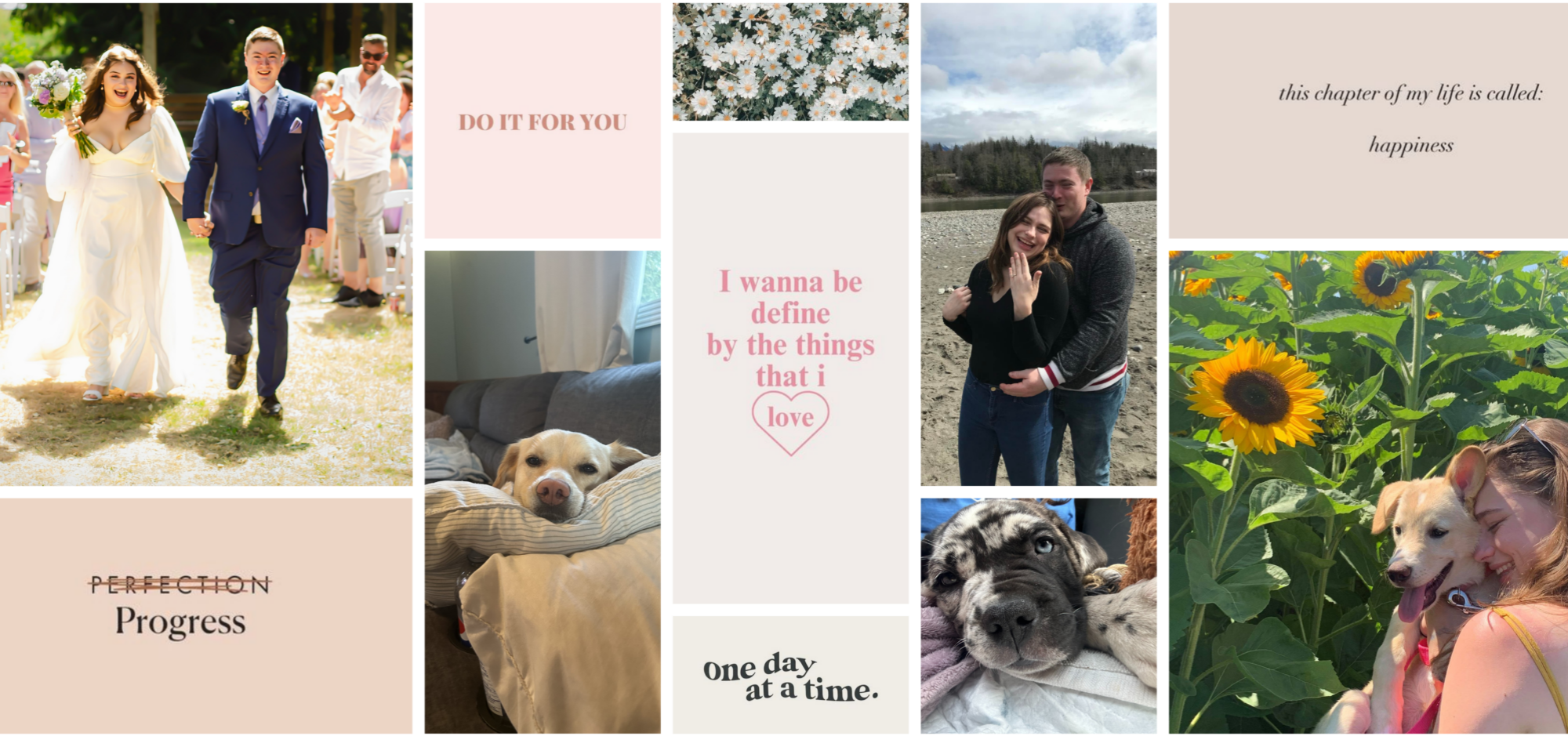
It is an extremely difficult process for me to even begin to describe, let alone put words on paper, about my personal educational pedagogical philosophy statement. In the process of not only finding, but also growing and shaping my educational philosophy, I have come to very firmly believe that education is a transformative journey (Chrona, 2022), one that needs to be both ignited and driven by curiosity, foster the use of critical thinking, and grow a deep-seated love for all things learning. With my statement and goals in mind, the ways in which I hope to achieve them are not solid, as I know that the more, I learn, teach, and get to know individual students, my overall methods will be altered and reconstructed as well (Amatullah et al., 2019). I can confidently say that the very heart of my pedagogical stance is a complete commitment to creating a total student-centred environment where each student’s own self is not only acknowledged, by also celebrated by all.
I as well think that it is important to introduce who I am, not only as an educator, but also as a learner. Although I have only just begun my journey into teaching, I have recently signed up as an on-call teacher in my town to help me discover the world of teaching more, I am not new to teaching itself. I was a very headstrong kid who loved to be in charge, this mentality followed me throughout my life and led me to my love of pageants. It was during this stage of my life that I truly began to understand the influence I had on those around me, the look on young children’s faces when I would talk with them is something that I’ll never forget. This is where I credit my love and excitement for working with kids of all ages. However, just because I love speaking and working with children, it does not mean that I was always the best learner myself. It is only since starting in this program that I’ve come to take my education seriously. With all the information that I have learned throughout this first semester by my side, I am starting to see how much I missed out on in my learning life. I want to use my knowledge of the mistakes I’ve encountered, and what I missed out on to be a better teacher. I know that what I will teach will one day be seen as the ‘old, wrong way’, but being able to use my past as a learner to better others is all I can hope to aim towards.
I feel that it is important for me to first say that I understand recognizing diversity among students and being able to understand the different needs and minds of each of them, requires a wide variety of approaches; and as well that these approaches need to be fluid (Chrona, 2022). With this in mind, I want to adopt a multifaced teaching methodology that can integrate a multitude of well-rounded strategies that I can utilize to cater to a whole spectrum of learning styles (Sigel, et al., 2018). Whether this be through interactive discussions, hands-on activities, or multi-collaborative projects (Sigel, et al., 2018), I want to work toward engaging students as active members in their own learning process. The idea of having my own inclusive classroom resonates within me as I believe in the richness of having varied experiences and personalities recognized for their own beings.
In addition to also communicating my own specific subject knowledge in my teaching, my philosophy as well highlights the great importance of being able to actually equip students with essential, real-life skills, and not just facts and repeated information (Amatullah et al., 2019). I firmly believe in problem-solving exercises, expressive, creative projects, and opportunities for self-expression (Sigel, et al., 2018). I want to develop a well-rounded skill set that can be not only extended but also actively used, beyond the walls of a school classroom, Monday to Friday. Although I know that what I am saying is a broad and multi-layered, way of teaching, I do believe that students need to be prepared for the challenges of an ever-evolving world, hopefully instilling the abilities to adapt, innovate, and collaborate with ease and effectiveness.
In short, my personal pedagogical philology statement reflects a deeply holistic, and student-centred approach to education. It is completely founded on the principles and ideas of a genuine passion to teach, inclusivity, adaptability, and lifelong skills for all learners (Amatullah et al., 2019). Being able to rightfully equip students with not only the proper abilities, but also the right mindsets to thrive in a changing world is what is most important and is central to my heart as a teacher-to-be.
References
Amatullah, T., Avanzato, R., Baxter, J., Gibbins, T., Graham, L., Fradkin-Hayslip, A., Siegrist, R., Swantak-Furman, S., & Waid, N. (2019) Foundations of Education Philosophy. In Foundations of Education. Retrieved from https://courses.lumenlearning.com/suny oneonta-education106/
Chrona, J. (2022). Wayi Wah! Indigenous Pedagogies- An Act for Reconciliation and Anti-Racist Education. Portage & Main Press.
Siegel, Harvey and Phillips, D.C. and Callan, Eamonn (2018). Philosophy of Education, The Standford Encyclopedia of Philosophy. https://plato.stanford.edu/archives/win2018/entries/education-philosophy
